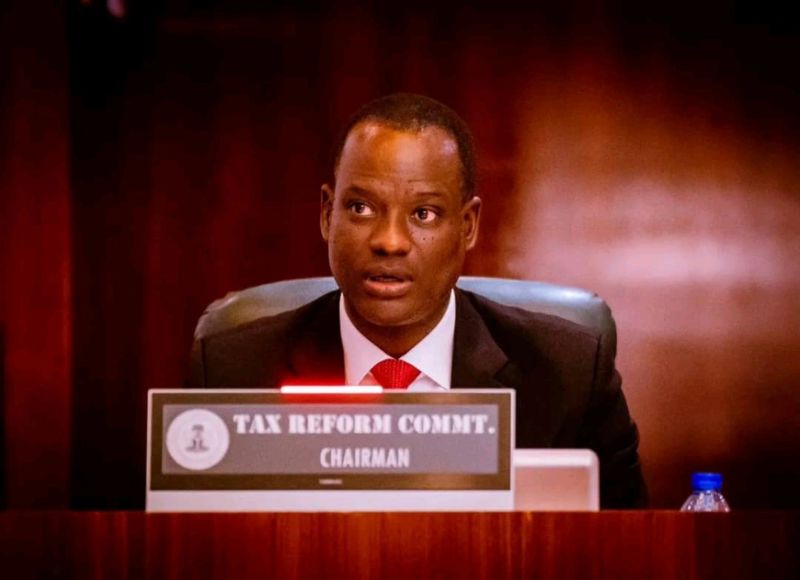In a significant move aimed at alleviating the burden of multiple taxation on small businesses and low-income individuals, the Presidential Fiscal Policy and Tax Reforms Committee (PFPTRC) of Nigeria has revealed groundbreaking plans to overhaul the country’s tax system.
The Chairman of the Committee, Taiwo Oyedele, made the announcement during a press briefing held in Abuja over the weekend, following the conclusion of the committee’s close-out retreat.
Under the proposed reforms, a staggering 95% of the informal sector will be exempted from all forms of taxation.
Oyedele emphasised that this decision is rooted in the recognition of the hard work put in by citizens within the informal sector to earn a legitimate living, and the belief that they should not be unduly burdened with taxes. Instead, the focus will be on supporting their economic growth until they reach a stage where they can comfortably contribute to the tax base.
Furthermore, Oyedele outlined that individuals earning ₦25 million or less per annum will be exempt from paying company income tax and value-added tax (VAT).
The committee’s recommendations, which are based on comprehensive data analysis, aim to provide relief to small businesses and vulnerable populations who are disproportionately affected by multiple taxes.
The proposed reforms are expected to be submitted to the National Assembly by the third quarter of the year. The committee has already concluded the proposal phase and is currently engaging in consultations with the private sector. Internal approvals are anticipated to be completed by the end of June.
In addition to the proposed reforms, the committee has prepared executive orders and regulations, including a new withholding tax regulation that exempts small businesses.
These await the minister’s signature for implementation. Moreover, new policies such as the National Tax Policy, Spending Policy, and Borrowing Policy will be introduced before the year’s end, with constitutional amendments slated for 2025 and 2026 to align with the National Assembly’s timeline.
The overarching goal of the tax reforms is to reduce the burden of multiple taxation on small businesses and low-income individuals while improving tax collection efficiency. Despite the plethora of taxes currently in place, Nigeria’s tax collection as a percentage of GDP remains low. The government aims to address this by repealing certain taxes, harmonizing others, and enhancing overall tax collection mechanisms.



